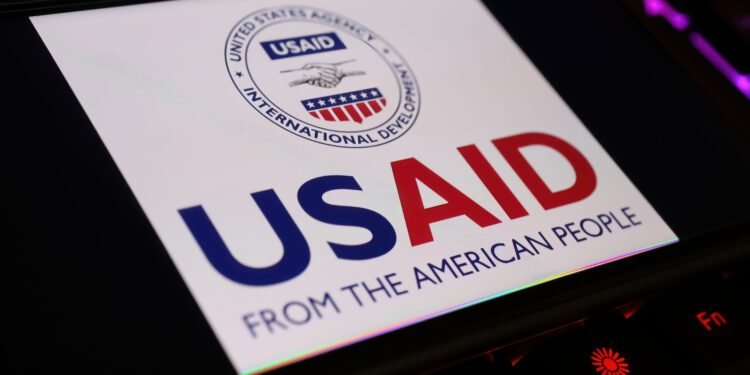USAID, the US government’s foreign aid and development arm, faces serious challenges. The agency provides critical humanitarian assistance without adding to a country’s debt, a game-changer for nations in crisis. In 2023 alone, it allocated $40 billion globally, with a major share going to Ukraine. India, a long-term beneficiary, has received USAID support since 1951, helping save over 2 million children, reducing pneumonia and diarrheal deaths, and securing $13 million during the pandemic. This year, India was set to receive another $140 million—but that funding is now in jeopardy.
US President Donald Trump and Elon Musk’s DOGE (Department of Government Efficiency) want to shut down USAID, citing wasteful spending and ideological conflicts. Their reasoning? They claim USAID misuses funds, operates like a criminal organization, and functions as a global charity detached from US interests. However, deeper scrutiny challenges these assertions.
First, foreign aid spending remains a fraction of the US federal budget—less than 1% in 2023. While the US ranks as the largest global donor, its total foreign aid is below 0.2% of GDP, far from excessive. Concerns about waste largely stem from limited allocations to foreign governments, yet less than 5% of USAID’s budget between 2015 and 2022 directly funded such entities. Most aid flows through NGOs, businesses, universities, and international organizations, ensuring proper distribution. The impact is evident: since 2000, global extreme poverty has dropped from 36% to 9%, maternal deaths have fallen by 34%, and mortality rates in USAID-backed areas have declined faster than elsewhere.
The claim that USAID is a criminal entity lacks substantial proof. Allegations of funding bioweapon research and supporting Syrian terrorists often ignore context. For instance, USAID financed food aid for Syrian refugees, but an NGO agent misdirected funds. Once discovered, the agency shut the program down. Rather than dismantling USAID, the focus should be on strengthening oversight.
Critics also argue that USAID prioritizes charity over US interests, but history suggests otherwise. The agency’s origins trace back to post-World War II efforts to rebuild war-torn Europe, a strategic move to create future markets for American goods. During the Cold War, the US used aid to counter Soviet influence, a strategy still relevant today. China, for instance, invests billions in African infrastructure projects to gain economic and political leverage. Closing USAID would allow US rivals to expand their global footprint unchallenged.
Stock markets often react to geopolitical decisions, and dismantling USAID could introduce uncertainty into global finance. Investors monitor foreign aid policies, as they influence economic stability in emerging markets, including India. Shutting down USAID would disrupt trade relationships and foreign direct investment flows, indirectly affecting stock prices and market trends.
Political motivations also play a role. Foreign aid has historically aligned with Democratic policies, dating back to President Kennedy’s establishment of USAID in 1961. Trump, a Republican, has repeatedly criticized it. While the President can freeze funds, shutting down the agency requires Congressional approval—an uphill battle that could lead to Supreme Court intervention.
For now, USAID’s fate remains uncertain. If Trump and Musk shift their stance, the conversation could change overnight. Investors, policymakers, and global markets will closely watch how this unfolds, as the financial implications stretch far beyond just foreign aid.

 Business
Business INDIA
INDIA Stocks
Stocks


